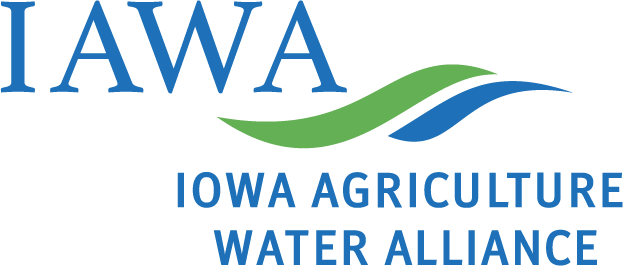Watershed Management: Partnerships for Progress
The theme of the Iowa Water Conference 2017 is Watershed Management: Partnerships for Progress. This theme promotes water resource management from a watershed perspective.
Work in water often crosses the border of different towns, cities, and counties. As a result, the decisions made within these different entities have implications for urban and rural citizens at the local level.
Success stories and lessons learned from new and continuing water partnerships among a variety of organizations will center the presentations. The conference agenda will also include updates on the latest approaches to water management from an assortment of scientific sources.
Iowa-based institutions, government agencies, and natural resource organizations collaboratively organized the Iowa Water Conference. These organizations are on the planning committee led by the Iowa Water Center.
The conference serves as a centralized meeting place for the variety of stakeholders involved in water. The conference draws approximately 400 attendees who learn and discuss issues related to research, outreach, conservation, and also policy.
The deadline for early registration is before midnight on March 10th. Online registration is available at the following link (www.iowawaterconference.org).
Questions and inquiries regarding the conference program can be directed to Hanna Bates, Program Assistant at the Iowa Water Center (hbates@iastate.edu). Rather, all registration-related questions can be directed to ANR Program Services (anr@iastate.edu).
Hosted by the Iowa Water Center
The Iowa Water Center is a federally-funded organization part of the National Institutes of Water Resources. Located on the Iowa State University campus, it is one of 54 institutes located throughout the United States and U.S territories. The purpose of the Iowa Water Center is to identify water-related research needs and provide outreach and education opportunities. Its purpose is also to disseminate information about Iowa’s water resources to the public to form better policies and everyday practices.
